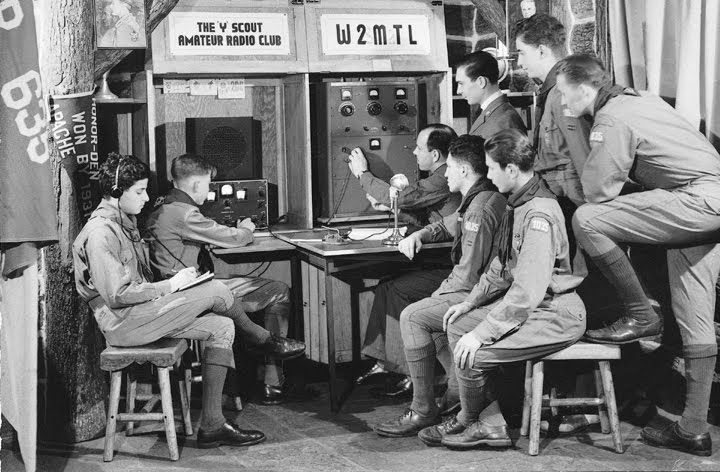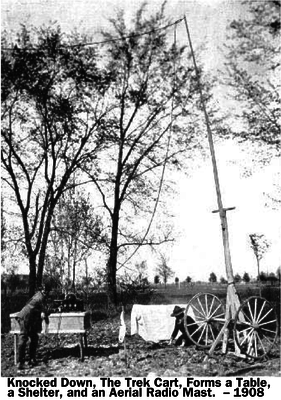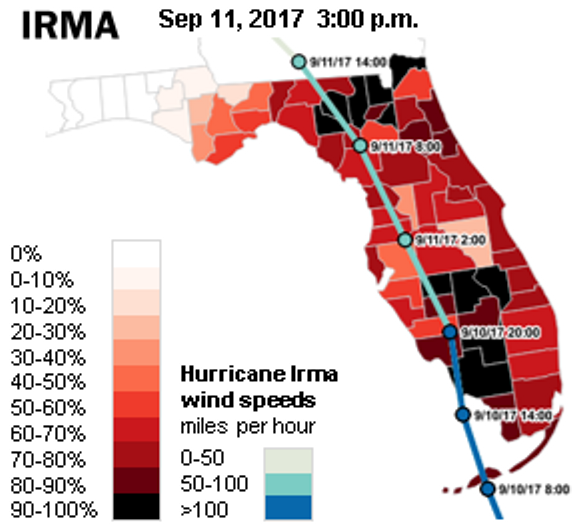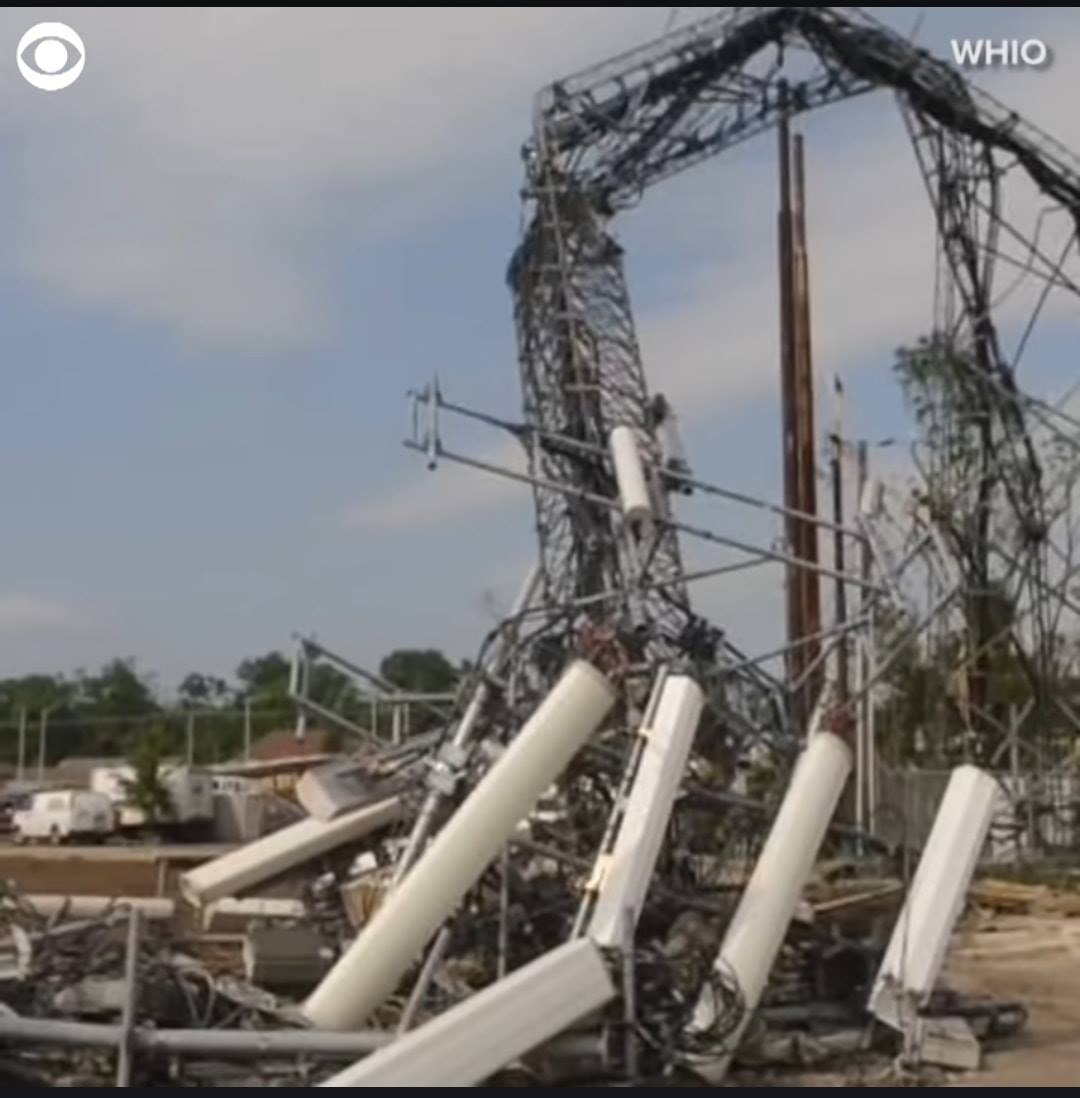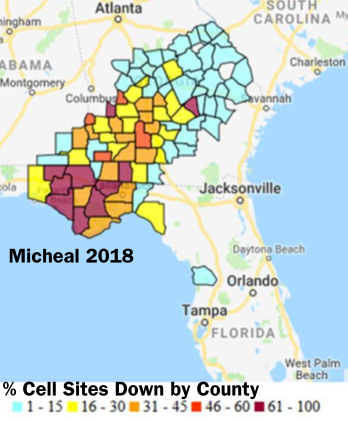

|
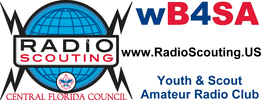
| Lookup Callsign World City Lat/Lon |
| Home Events Flyers Photos JOTA Ham History Modes Sponsors Contact Calendar |
Amateur Radio (ham) History...and why it's still active in the age of cellphones.
Beginning in the late 1890's with Marconi sending wireless signals at greater and greater distances, other experimenters began laying the foundation for amateur
radio in the early 1900's. More and more people began experimenting with spark gap transmitters, sending morse code wirelessly over long distances. Radio
experimenters (paired with the sinking of the RMS Titanic) ultimately resulted in the Radio Act of 1912 to limit these experimenters to certain frequencies. And
amateur radio - the original maker culture - was born.
Fast forward 100 years to present day, and you will find amateur radio has grown past spark gap transmitters and morse code and receivers into software-defined radio,
which uses digital signal processing instead of hardware audio filters. Morse code, or CW, is no longer the only mode of communicating. Voice and various digital modes (HDTV, WiFi, FT8) now fill the airwaves.
Amateur radio is the ideal hobby for experimenters, whether you want to build your own equipment, experiment with different modes, or just chat to someone.
The good news is, it isn't hard to get started.
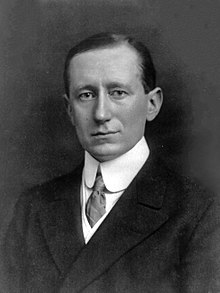 Guglielmo Marconi Born: April 25, 1874, Bologna, Italy Died: July 20, 1937, Rome, Italy |
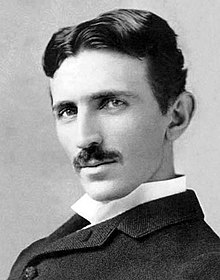 Nikolai Tesla Born: July 10, 1856, Smiljan, Croatia Died: January 7, 1943, NY |
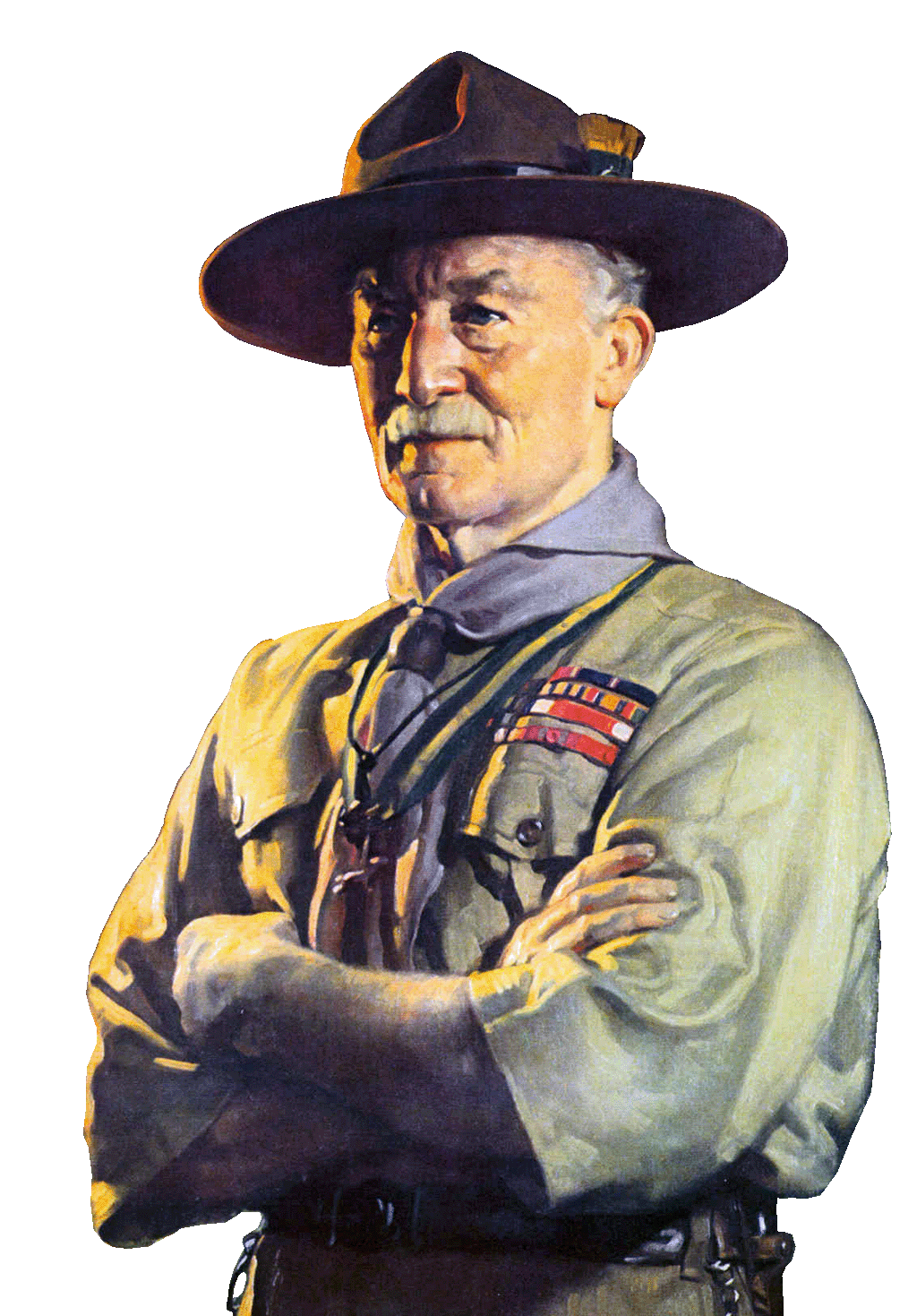 Robert S. S. Baden Powell Founder of Scouting Born: February 22, 1857, London, United Kingdom Died: January 7, 1941, Nyeri, Kenya |
 Radio Club of America Founded: 1909 |
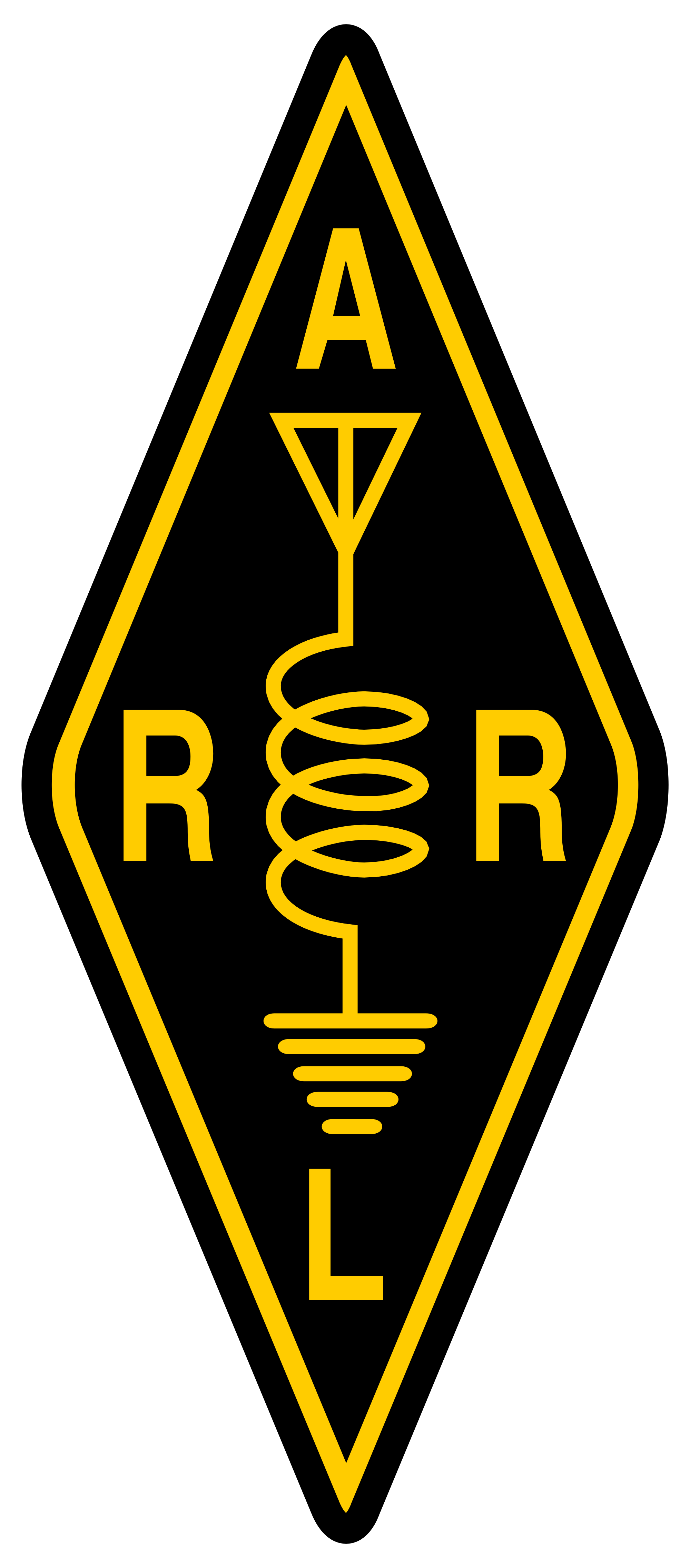 Founder: Hiram Percy Maxim Founded: April 6, 1914 |
|
"We amateurs are blamed for much that we do not do. The cases where amateurs actually interfere are few and exaggerated. In many cases antiquated apparatus and incompetent professional operators are responsible for the trouble. A good operator with an up-to-date machine can cut out interference and continue his work." One of my favorite things about these old articles is that, with the benefit of 100 years of history, we can find out what ever became of W. E. D. Stokes, Jr. I did some research and found that he served in the Navy during World War II, and he had a family, including a son named Houston who today is an economics professor at the University of Illinois at Chicago with a family of his own. As far as I can tell, W. E. D. Stokes, Jr. died in 1992. |
|
|
There are 3 stages of licensing in the US: Technician, General and Extra. |
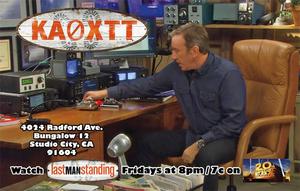 Ham radio operators come from a multitude of backgrounds, professions, nationalities, and income levels. They are men and women, young and old. Astronauts. Royalty. Even celebrities. Eagles guitarist Joe Walsh recently
delivered a series of PSAs on behalf of the American Radio Relay League, and Tim Allen was so inspired by his ham radio experiences on 'Last Man Standing' that he tested for his own license in 2014.
Ham radio operators come from a multitude of backgrounds, professions, nationalities, and income levels. They are men and women, young and old. Astronauts. Royalty. Even celebrities. Eagles guitarist Joe Walsh recently
delivered a series of PSAs on behalf of the American Radio Relay League, and Tim Allen was so inspired by his ham radio experiences on 'Last Man Standing' that he tested for his own license in 2014.
| Mobile | Radio Scouting, Inc. is a IRS 501(c)3 non-profit charity to promote radio knowledge and youth activities for scouting and the community. Reg: N19000004441, Lic: CH58787, Ein: 83-4513134 A COPY OF THE OFFICIAL REGISTRATION AND FINANCIAL INFORMATION MAY BE OBTAINED FROM THE DIVISION OF CONSUMER SERVICES BY CALLING TOLL-FREE 1-800-HELP-FLA (435-7352) WITHIN THE STATE. REGISTRATION DOES NOT IMPLY ENDORSEMENT, APPROVAL, OR RECOMMENDATION BY THE STATE OF FLORIDA. | Desktop Cookie Reset |
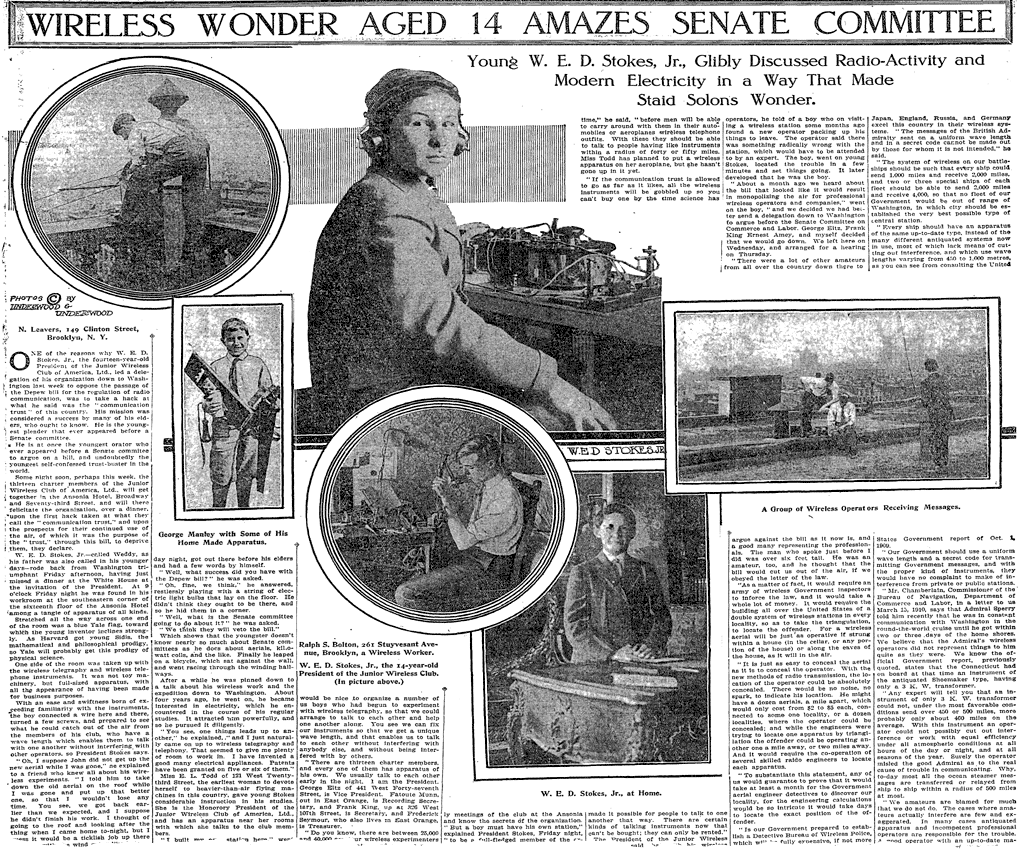 WIRELESS WONDER AGED 14 AMAZES SENATE COMMITTEE: Young W. E. D. Stokes, Jr., Glibly Discussed Radio-Activity and Modern Electricity in a Way That Made Staid Solons Wonder (
WIRELESS WONDER AGED 14 AMAZES SENATE COMMITTEE: Young W. E. D. Stokes, Jr., Glibly Discussed Radio-Activity and Modern Electricity in a Way That Made Staid Solons Wonder (